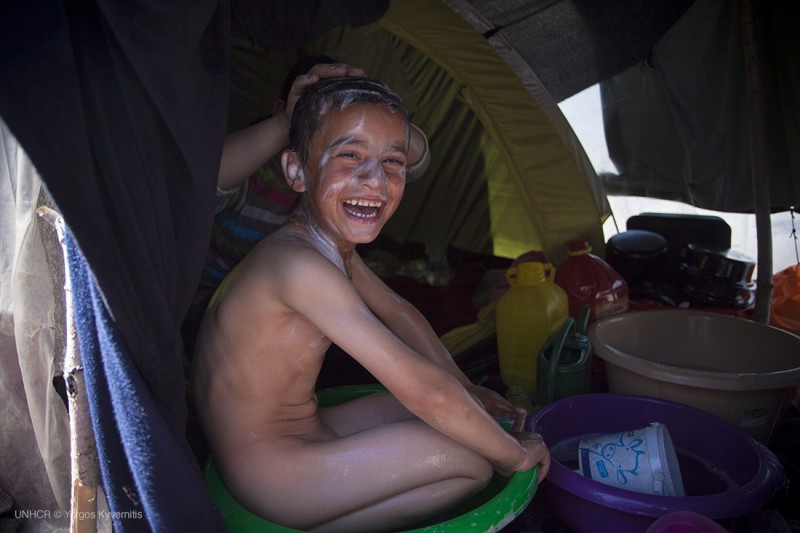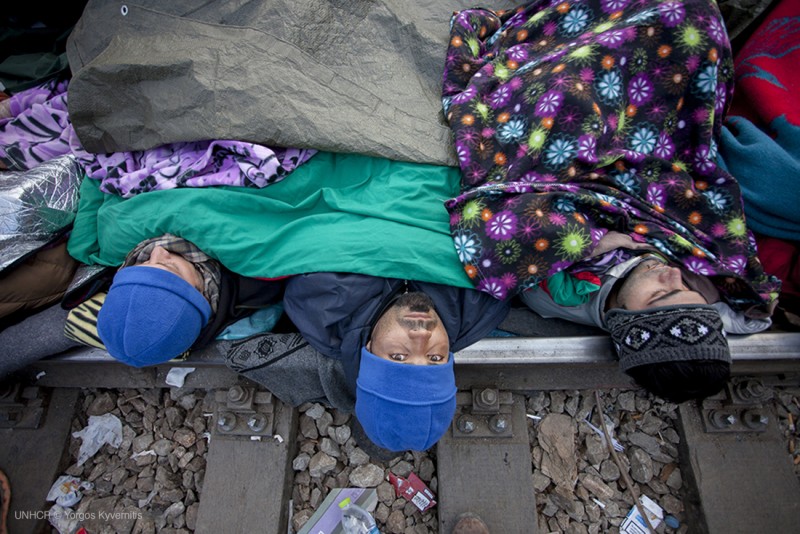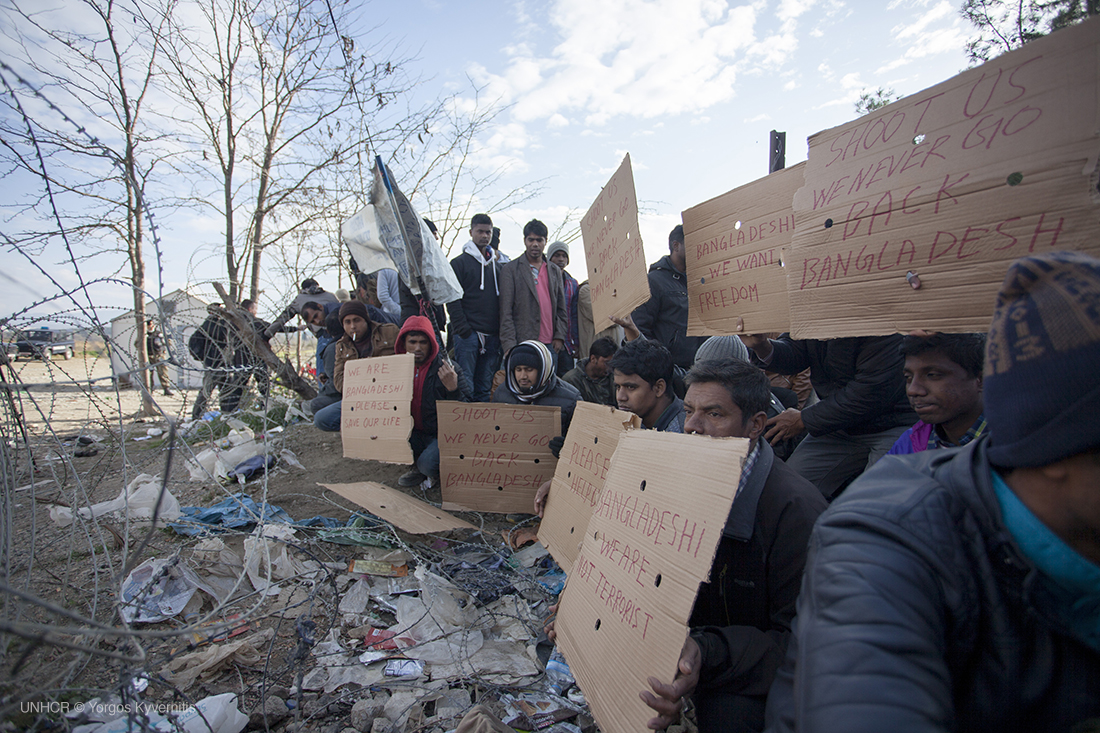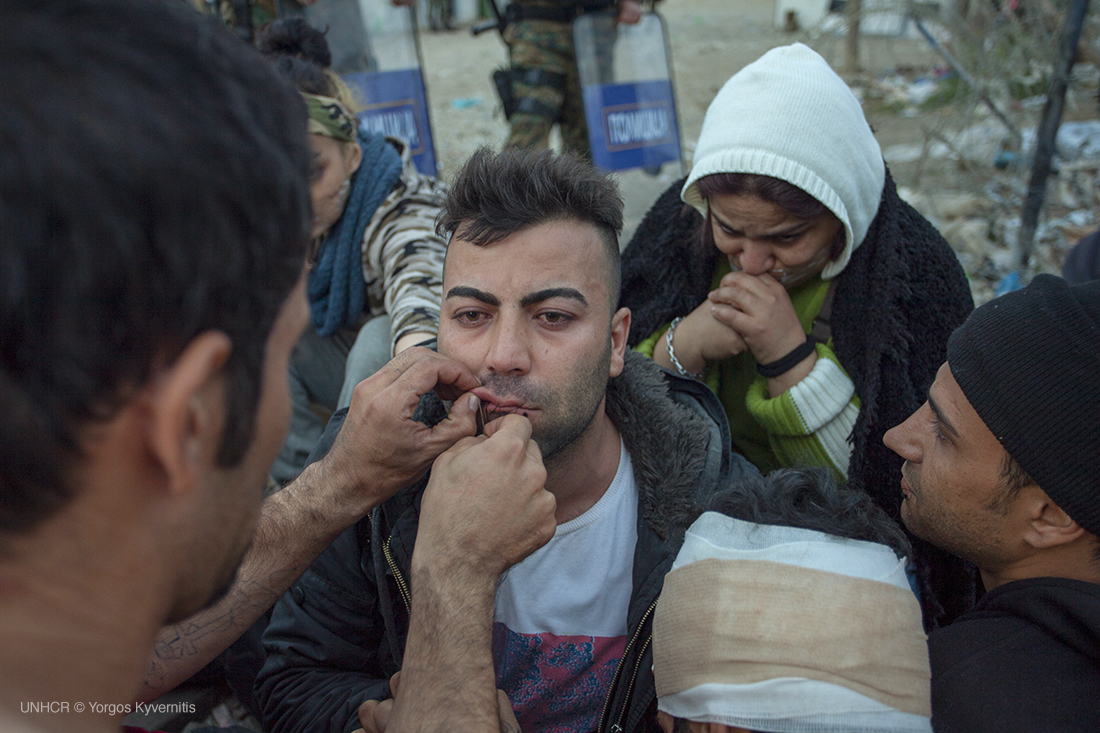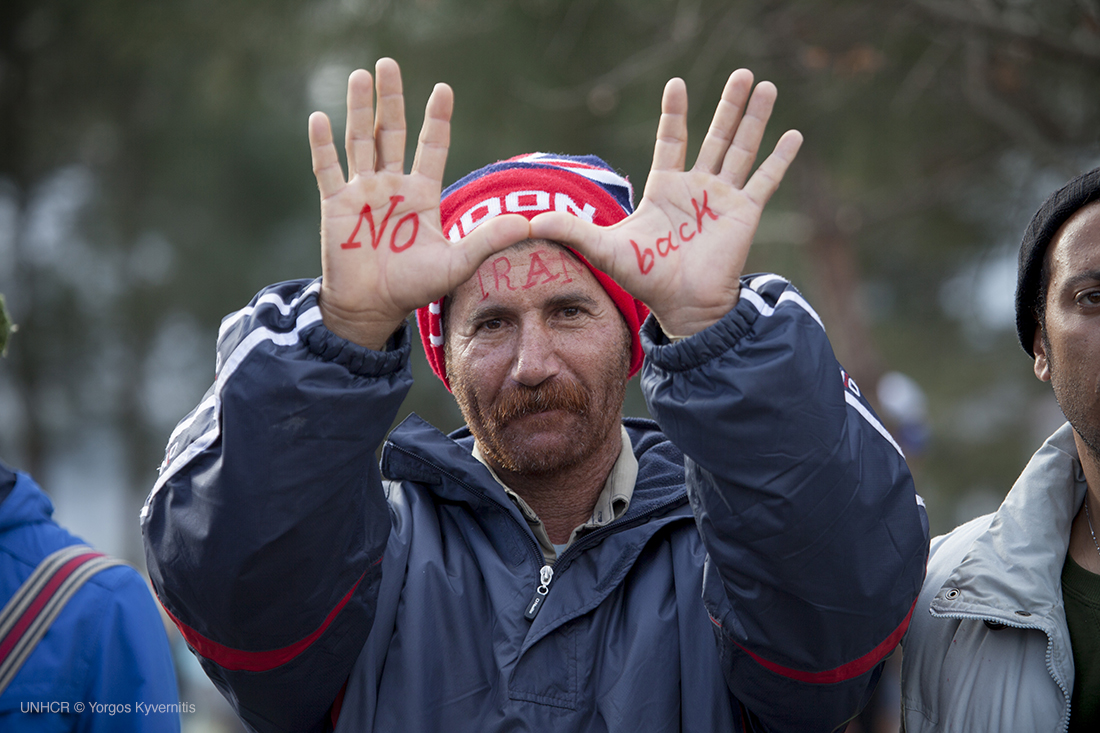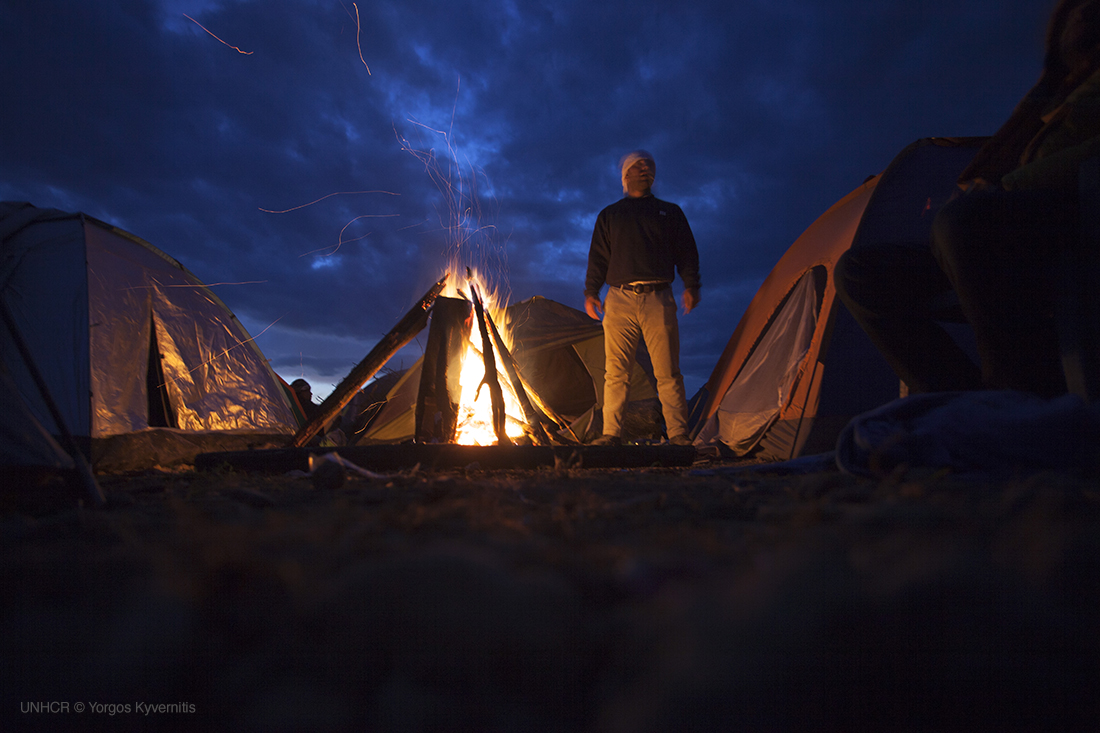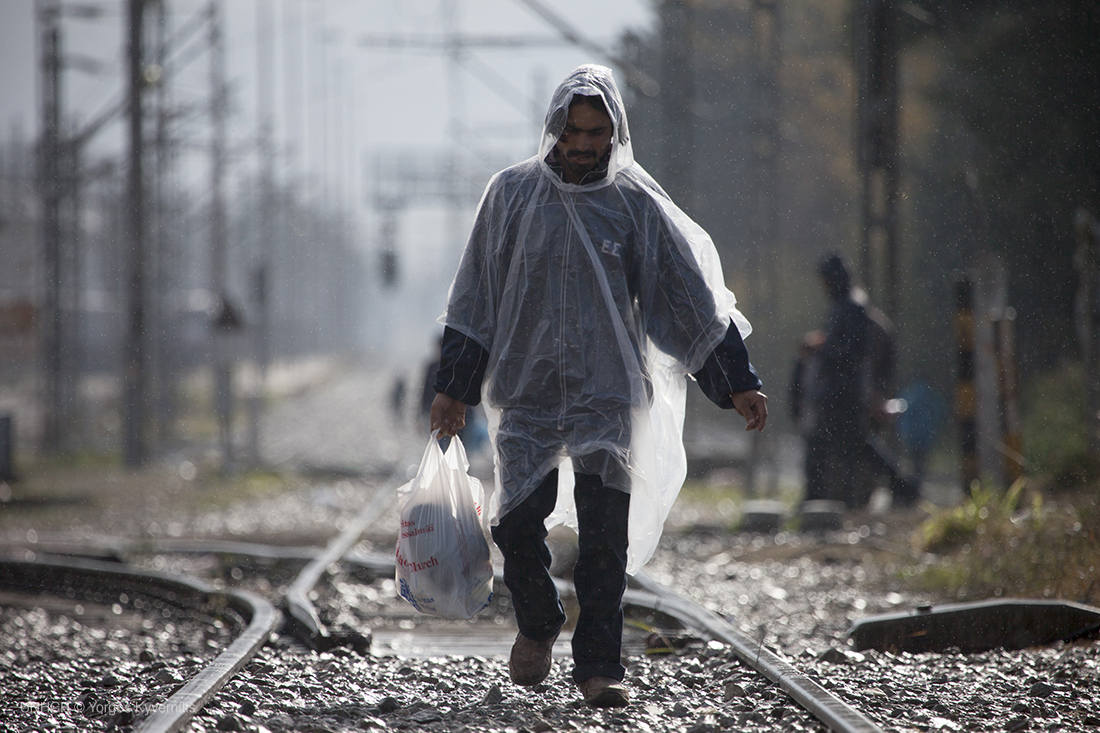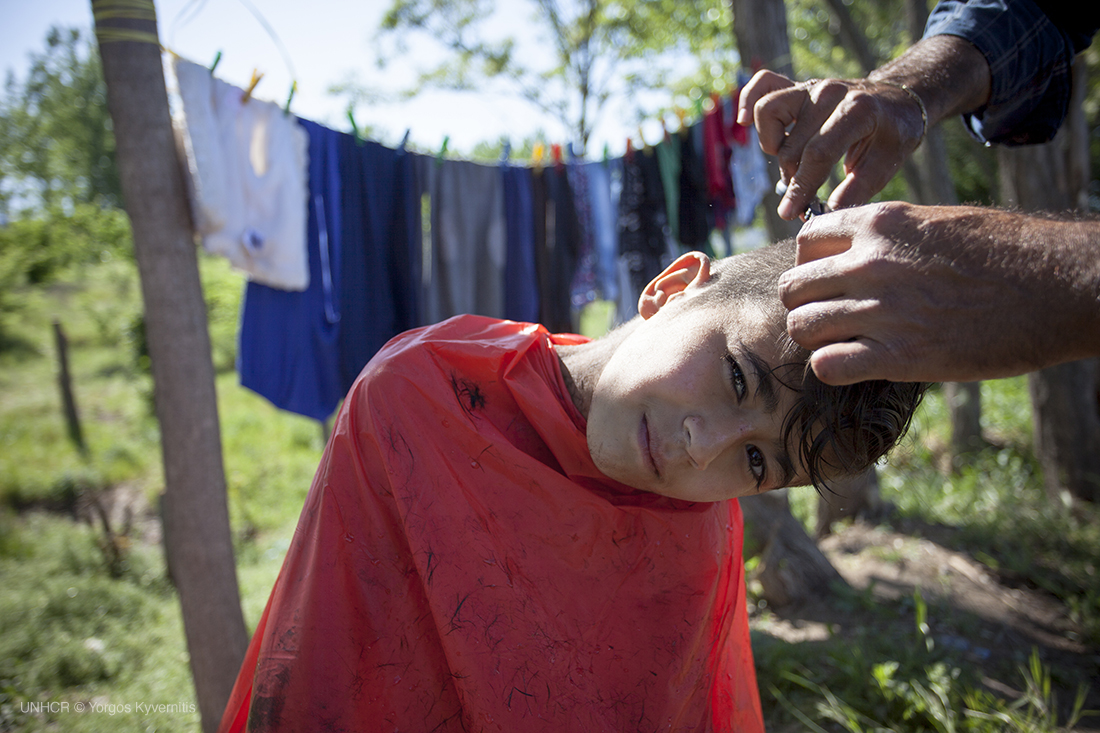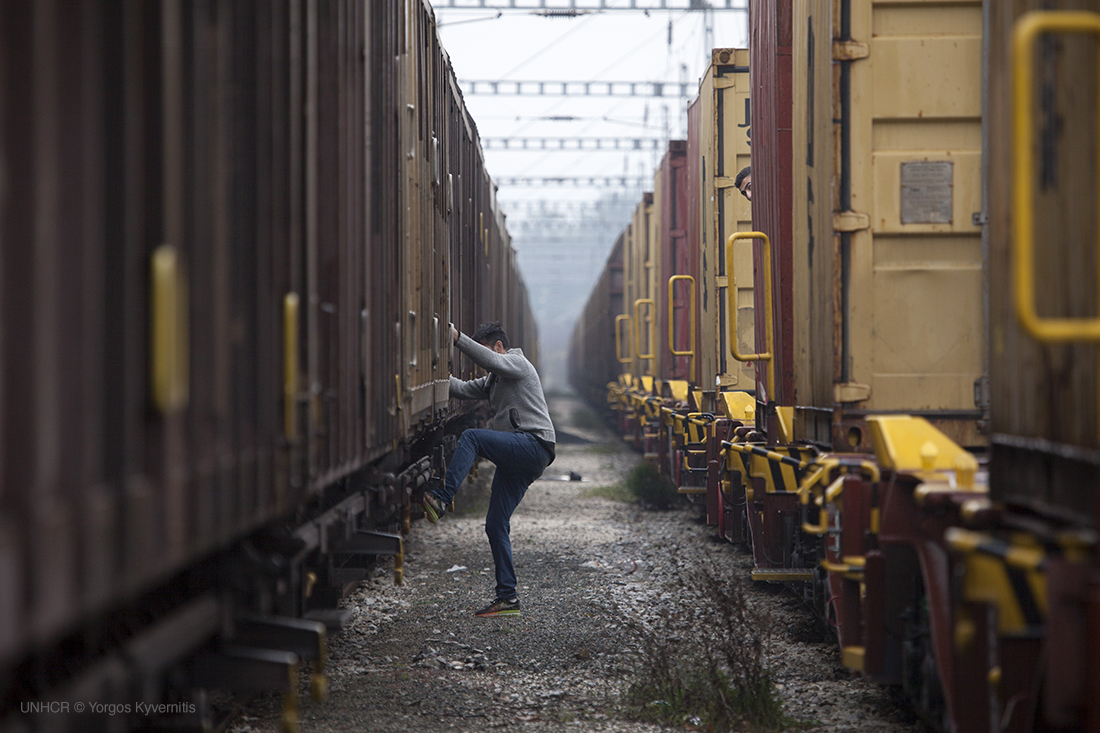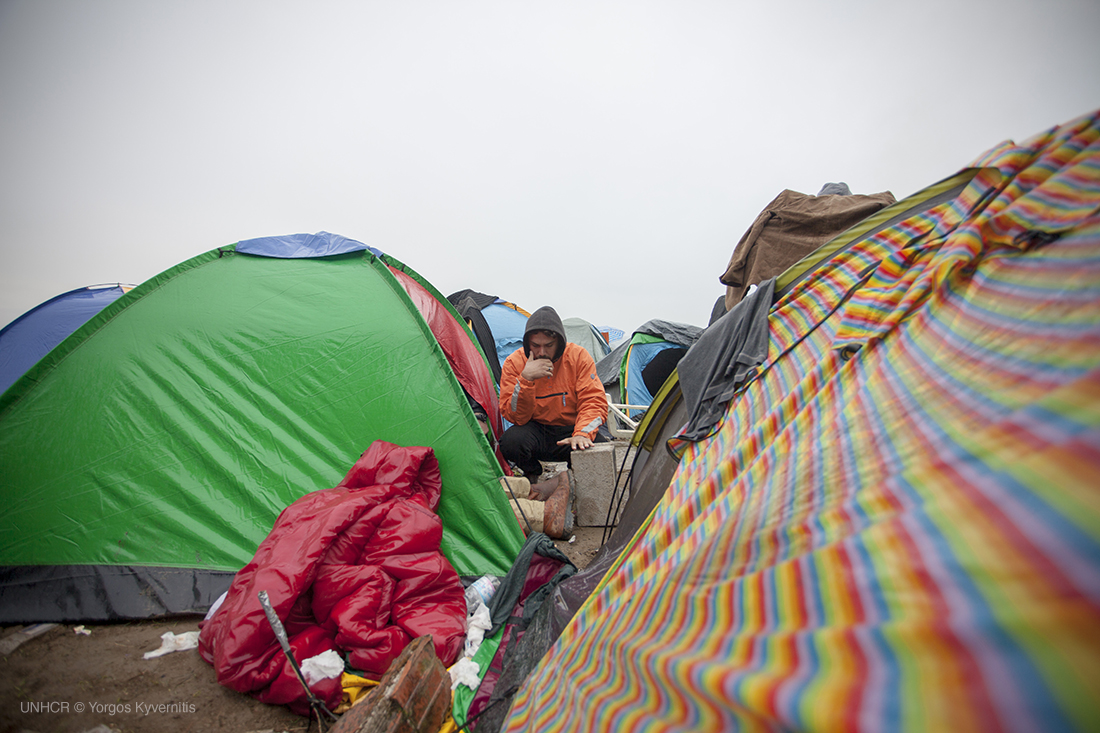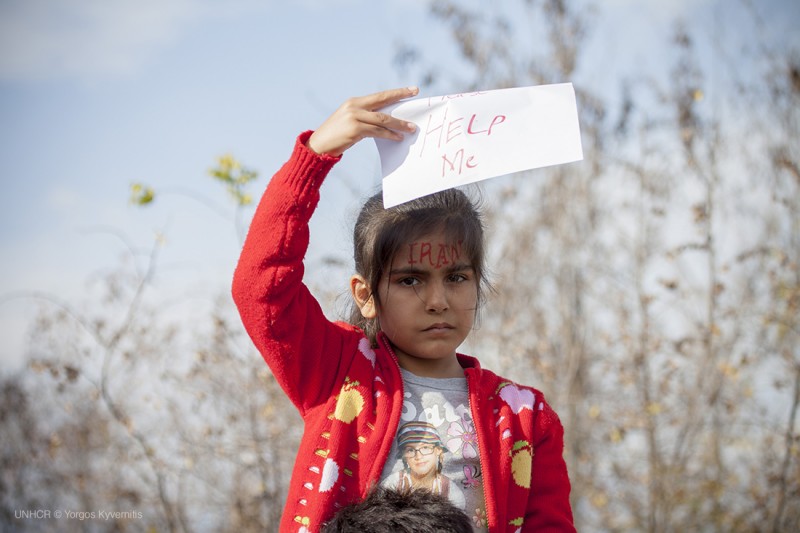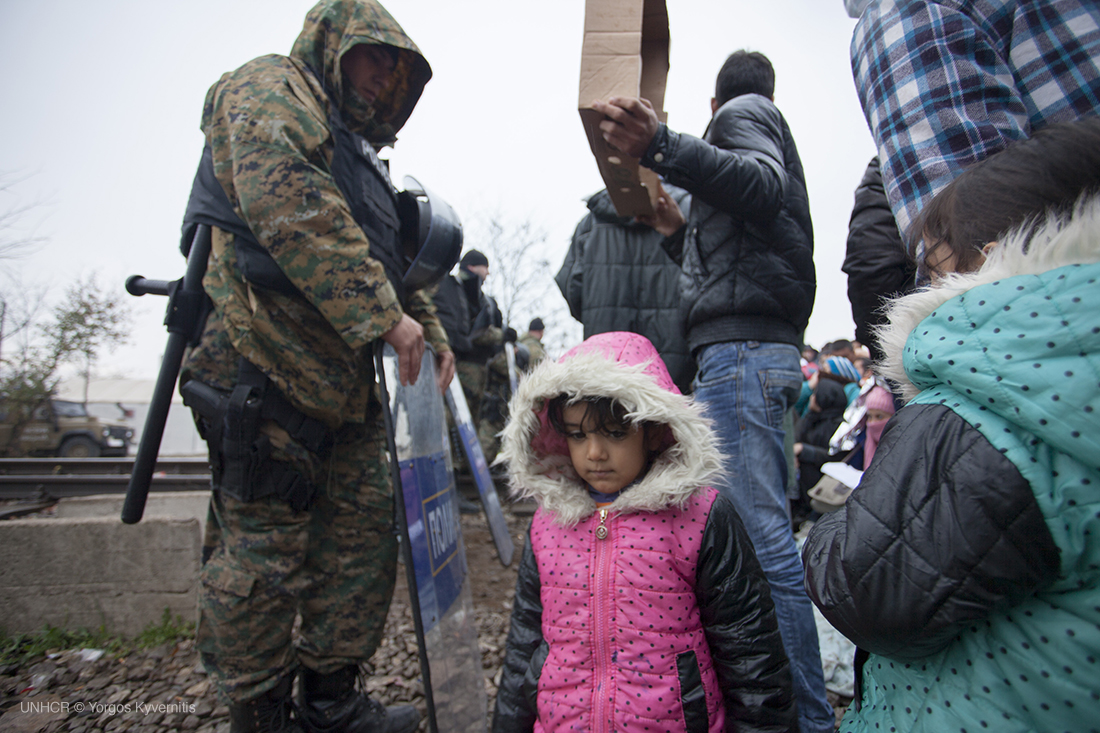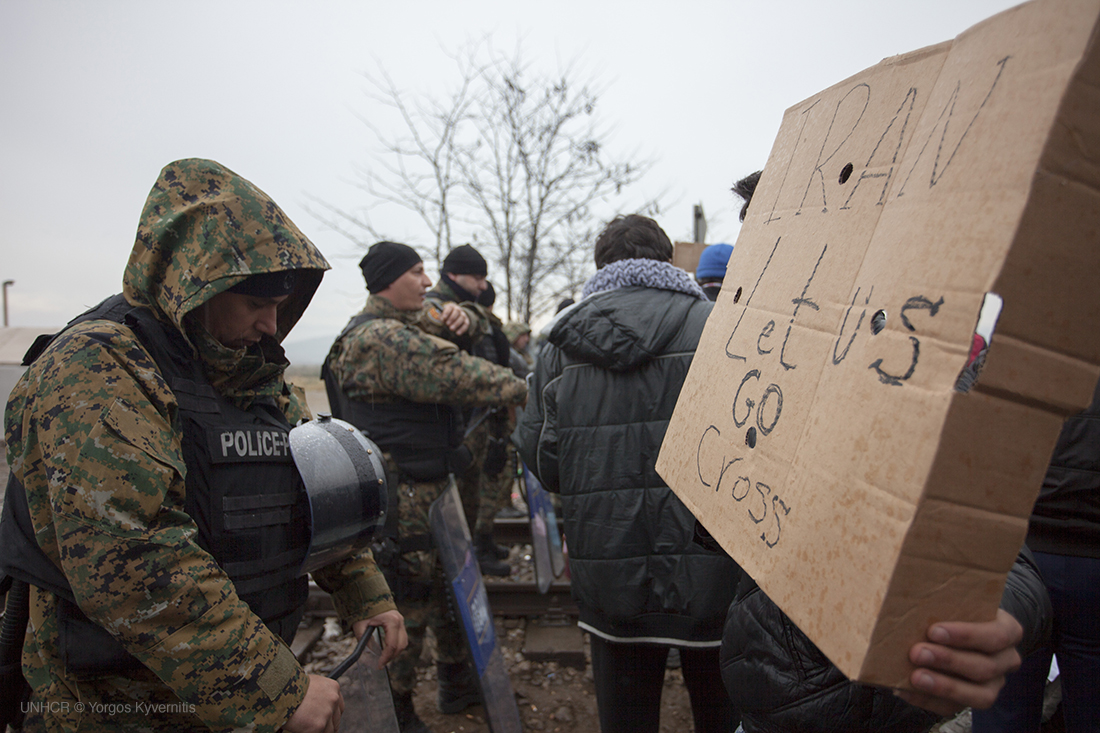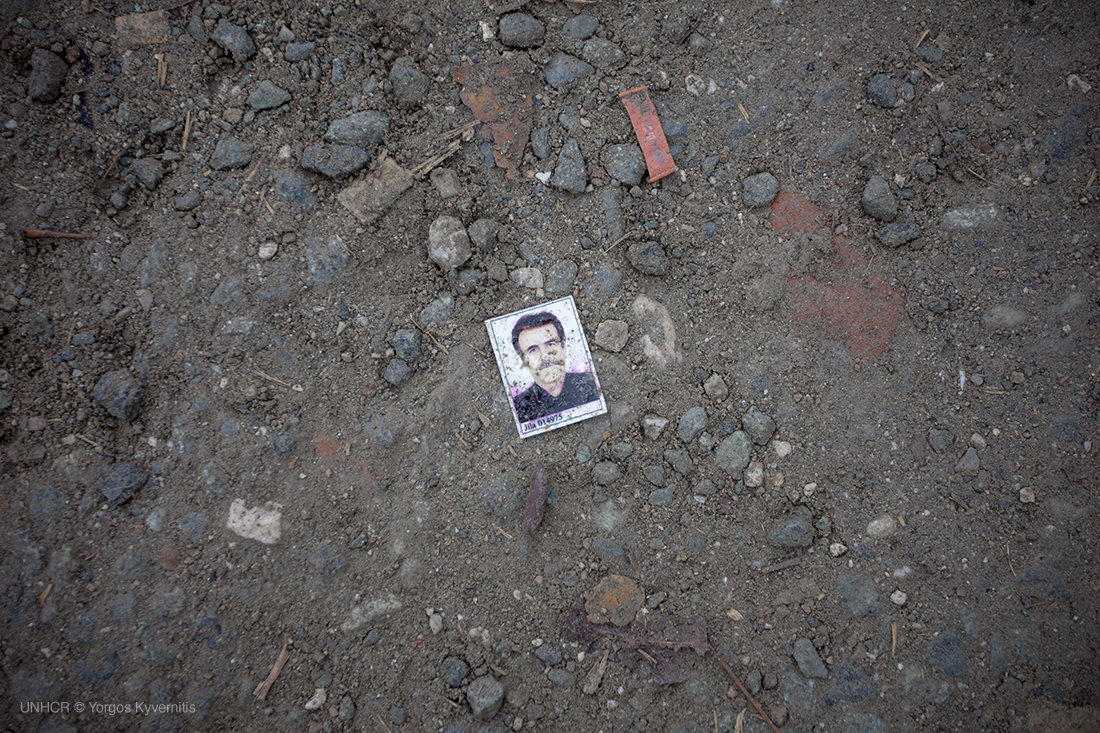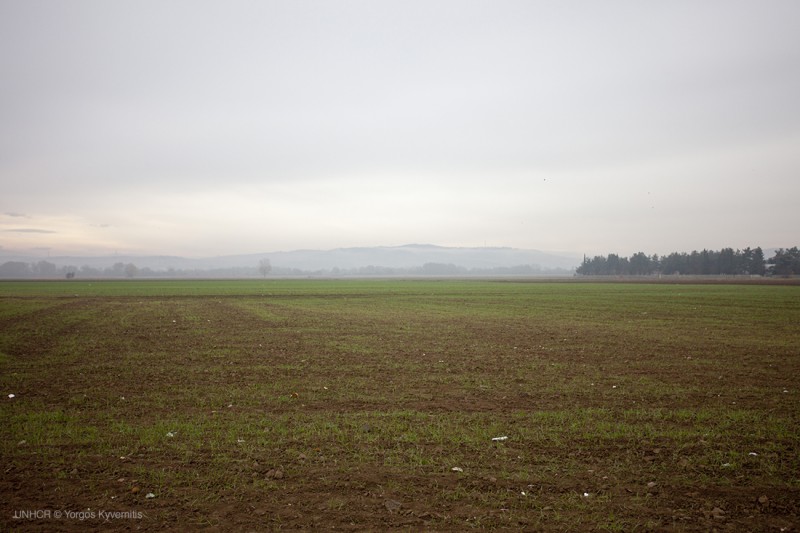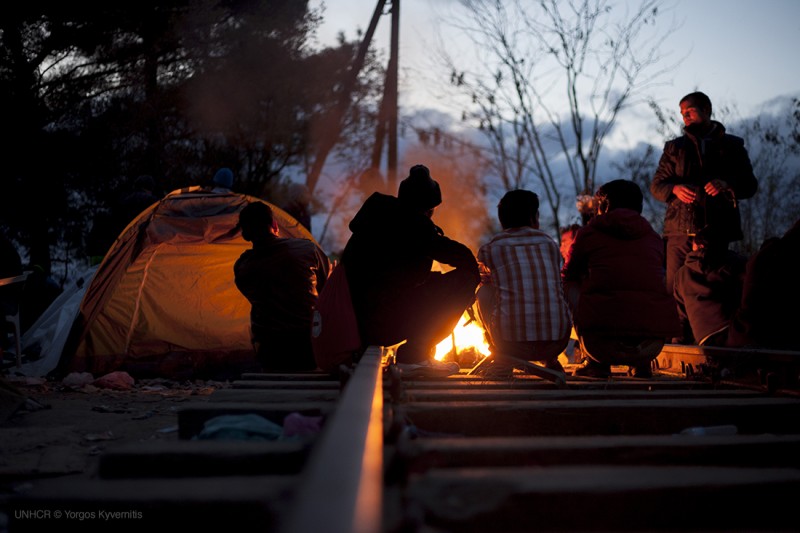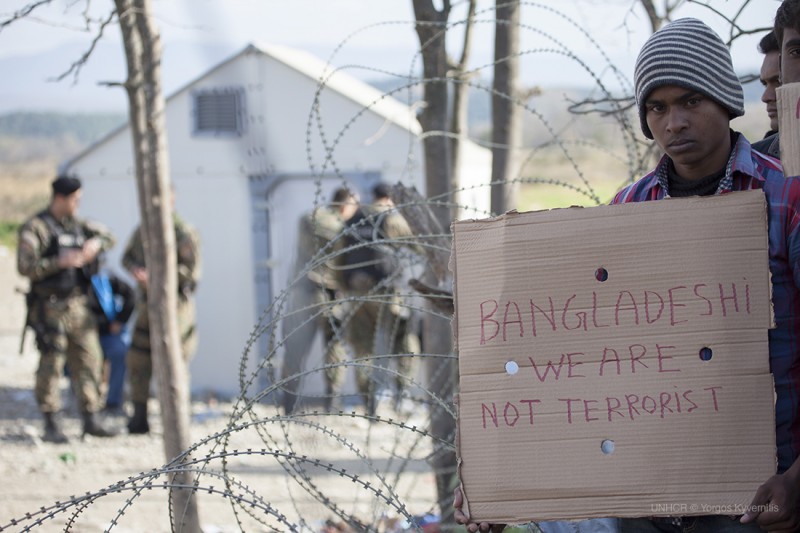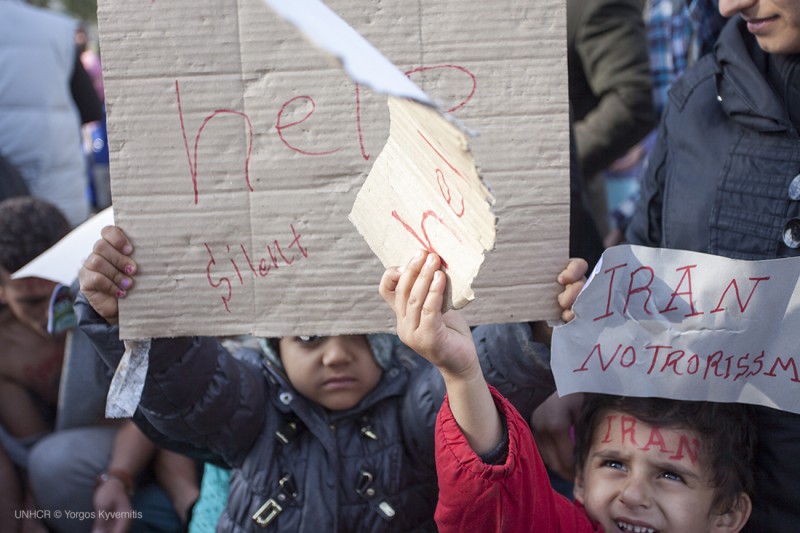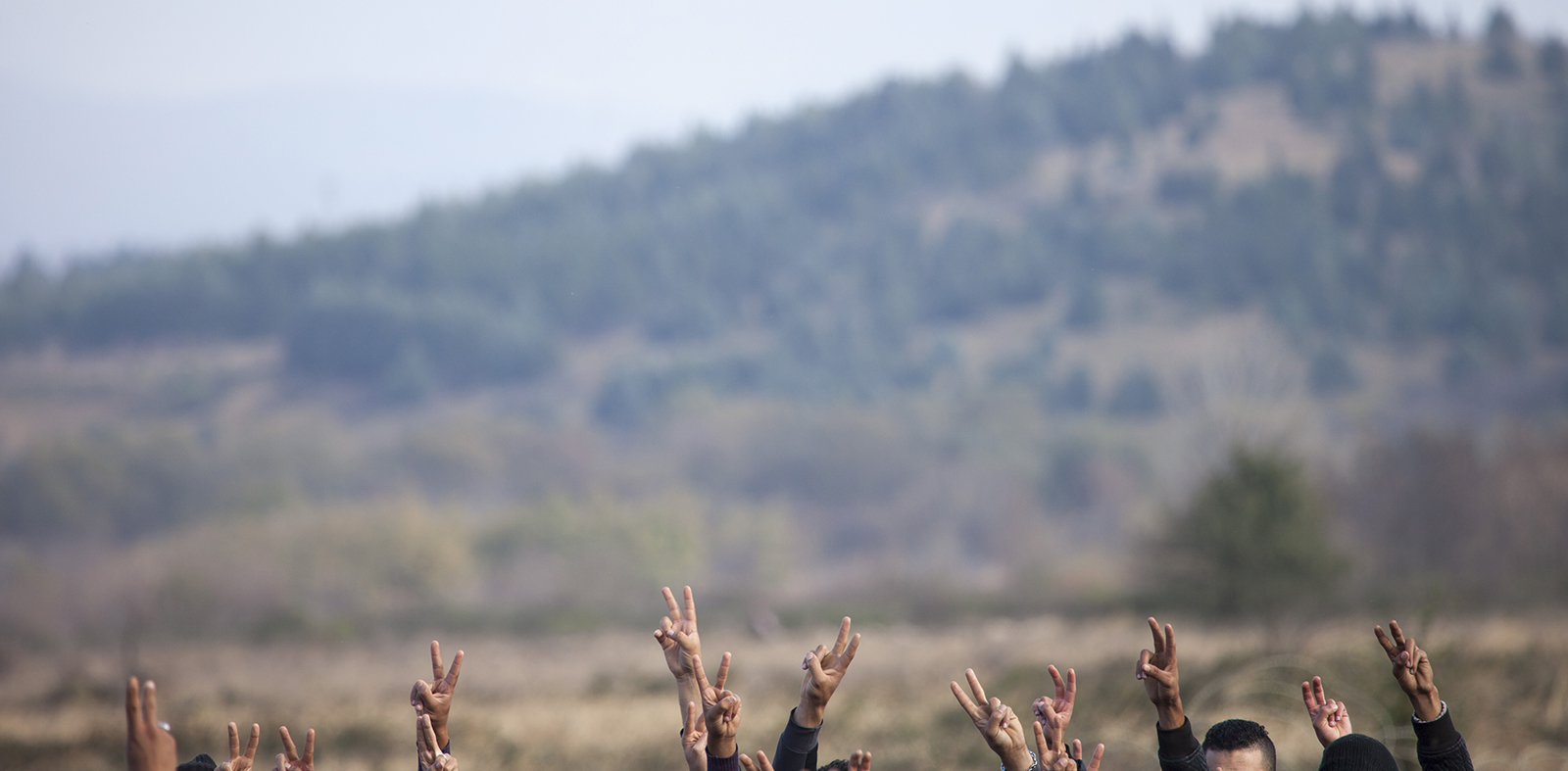Overview
H Ειδομένη είναι ένα χωριό της Ελλάδας κοντά στα σύνορα με την ΠΓΔΜ.
Από το 2014 άρχισαν να συρρέουν στην Ειδομένη κυρίως Σύροι, Ιρακινοί και Αφγανοί πρόσφυγες και μετανάστες, αλλά και άλλων εθνικοτήτων, με σκοπό να διαβούν τα σύνορα και να εισέλθουν στην ΠΓΔΜ. Επειδή η ΠΓΔΜ και βορειότερα η Σερβία είναι εκτός Συνθήκης Σέγκεν, οι πρόσφυγες προτιμούν αυτό το δρόμο προς τη Βόρεια Ευρώπη. Το 2015 οι αρχές της ΠΓΔΜ αποφάσισαν τη φύλαξη των συνόρων τους από το στρατό, ώστε να αποτρέπεται η είσοδος των προσφύγων.
Από το Νοέμβριο του 2015, οι κυβερνήσεις θέσπισαν μια σειρά περιορισμών κατά των μετακινήσεων προσφύγων και μεταναστών από την Ελλάδα, μέσω των δυτικών Βαλκανίων προς τα βόρεια, βάσει της εθνικότητας τους. Η κατάσταση οδήγησε τους ανθρώπους σε διαμαρτυρίες, προβαίνοντας σε απεργία πείνας και ορισμένοι έραψαν τα στόματα τους.
Το κλείσιμο των συνόρων είχε ως άμεσο αποτέλεσμα την δημιουργία ενός άτυπου προσφυγικού καταυλισμού, όπου κατέληγαν οι πρόσφυγες που δεν μπορούσαν να περάσουν τα σύνορα, με αριθμό εγκατεστημένων που φτάνει τις 5.000, ενώ κατά καιρούς και τις 10.000. Mε αριθμούς μεταναστών και προσφύγων που άγγιξαν τις 15.000 το 2016 λόγω του κλεισίματος των συνόρων της ΠΓΔΜ, ο καταυλισμός της Ειδομένης ήταν ο μεγαλύτερος στην Ευρώπη.
Στα τέλη Μαΐου 2016, με απόφαση της κυβέρνησης, ο καταυλισμός εκκενώθηκε, ενώ οι πρόσφυγες μεταφέρθηκαν σε άλλες δομές και στρατόπεδα.
Idomeni is a small village in Greece, near the borders with the FYROM.
Since 2014, refugees from Syria, but also from Afghanistan, Pakistan and other countries of the Middle East, began to flock to Idomeni in order to cross the Greek borders and enter the Republic of Macedonia. Both the latter and Serbia to the north are out of the Schengen Area, which is why the refugees prefer this way to reach countries such as Germany and Sweden. In 2015, the Former Yugoslav Republic of Macedonia decided to guard its borders by military forces in order to prevent the refugees from entering the country, as Serbia also closed its borders.
As of the end of November 2015, Governments instituted a range of restrictions against movements of refugees and migrants from Greece through western Balkans and further northwards. The situation has led people to protest by going on hunger strike and some to sew their mouths shut. Many NGOs expressed concern at the risks stemming from the new restrictions, which chiefly involve people being profiled on the basis of nationality.
Thus the transit camp at Idomeni, built in 2015 to provide basic support for no more than 6000 refugees passing through each day, rapidly had to become a longer-term residential camp. The peak number of refugees who stayed in Idomeni numbered more than 15,000.
On the 24th of May 2016, Greek authorities began relocating refugees from the Idomeni camp to processing facilities mostly in and around Thessaloniki.
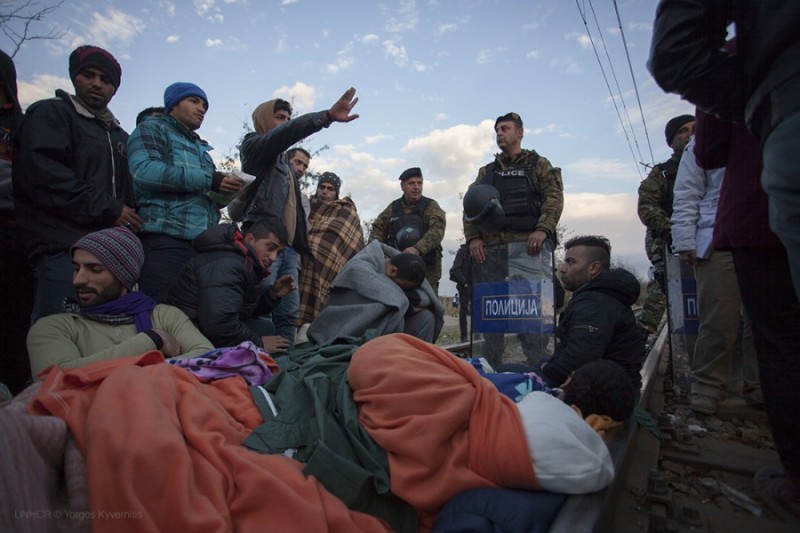
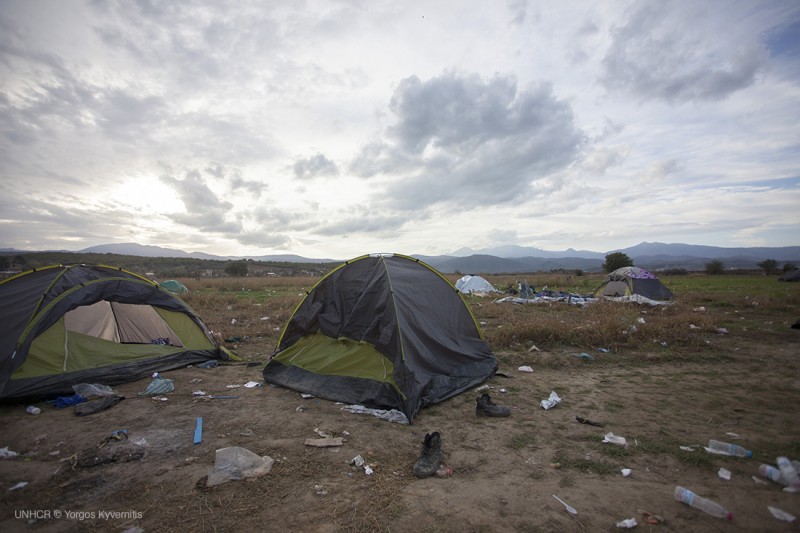
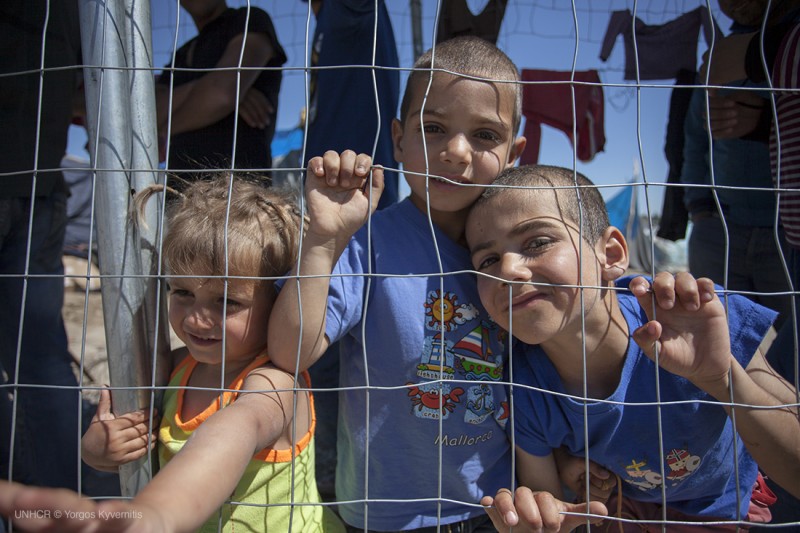
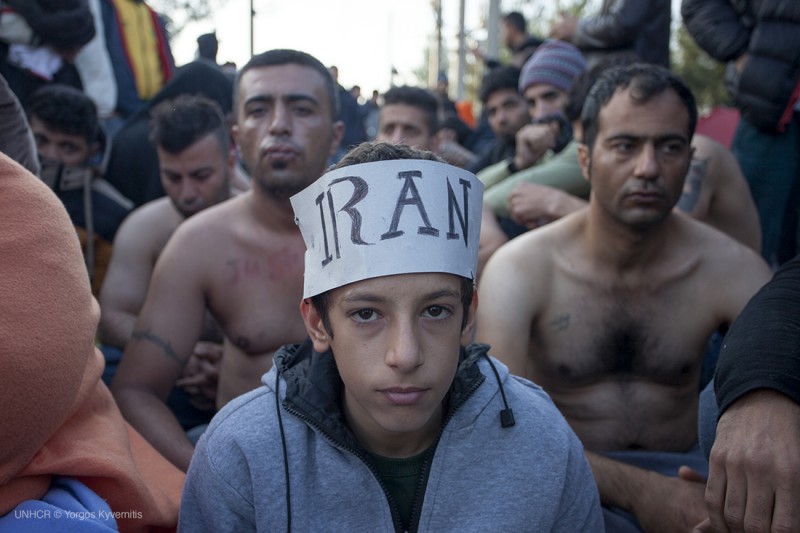
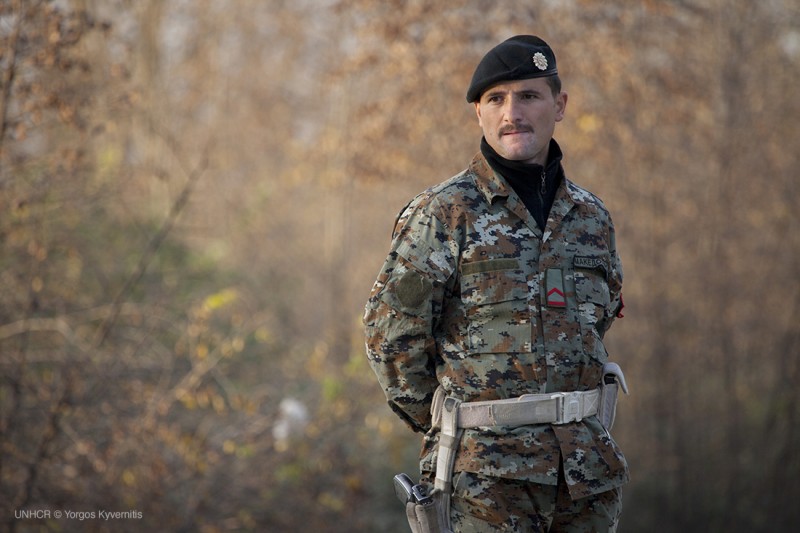
FYROM Police at the borderline between Greece and FYROM.
